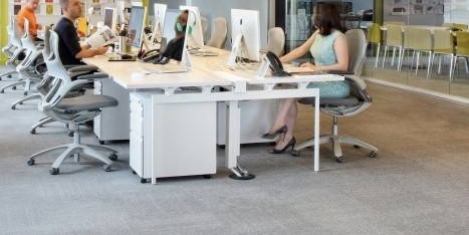March 14, 2017
RSA report sets out nationwide strategy for inclusive growth 0
The Royal Society for the encouragement of Arts, Manufactures and Commerce (RSA) has published the final report from its Inclusive Growth Commission. The report sets out a series of recommendations which it claims will address the lack of an inclusive approach to the economy. In the context of Brexit, this is one of the underlying drivers of dissatisfaction with the way the UK is run by central and local government, the report claims, and hence a factor in the Brexit vote. Its forward looking proposals include a greater commitment to lifelong learning, a greater focus on place to ensure the UK’s cities and regions get a greater stake in the national economy. As well as the main report, its conclusions and proposals are discussed in a podcast.























 The
The 










March 15, 2017
Mobile and internet connectivity should be a priority for commerical real estate 0
by Sara Bean • Comment, Facilities management, News, Property, Technology
Cluttons has proposed that a mobile coverage rating should be added to lettable workspace criteria, because despite mobile and internet connections being the fifth essential utility for the modern environment they are often overlooked when leasing space. With the rise of dependence on SIM-based equipment, the property firm argues that workplaces should be let with a coverage rating, measuring connectivity within a property. It argues that given the fast-paced evolving nature of the sector, landlords who invest in excellent telephony infrastructure are likely to secure tenants for longer periods and potentially achieve higher rental values. The approach is being borne out by the government recognising the importance of better mobile and internet infrastructure, by making it a focal point to extend superfast broadband to 95% of the UK by the end of 2017. This comes as no surprise given that several emerging markets are leap-frogging the adoption of technology and are quickly outpacing the UK in the sophistication of infrastructure on offer to occupiers. London is ranked near to the bottom of the internet connectivity league table when looking at Europe.
(more…)